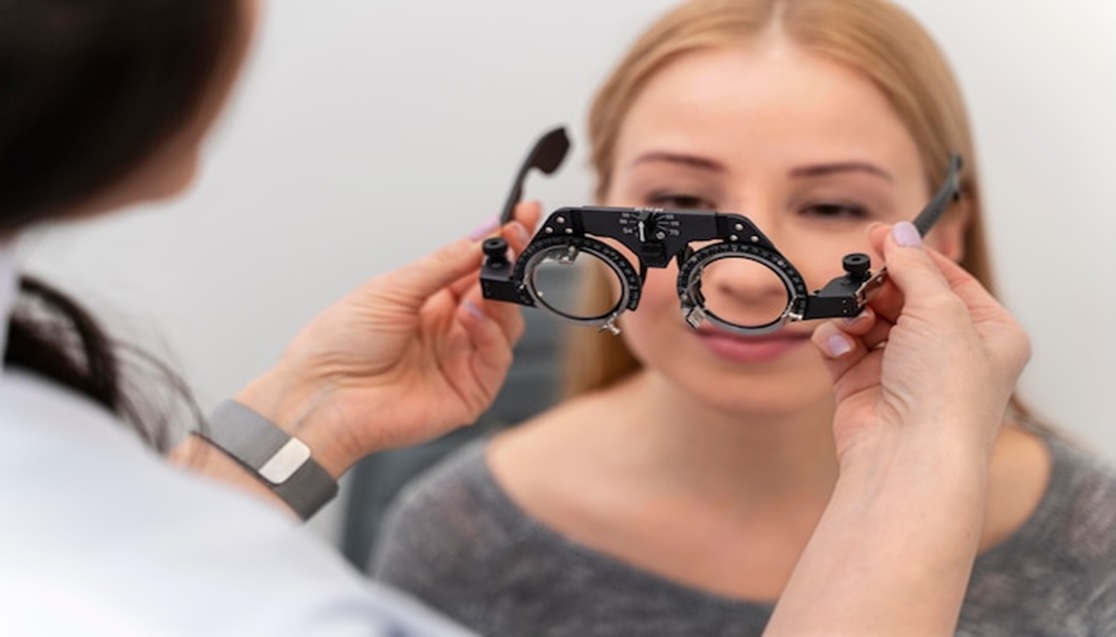To combat these sleep effectively, seeking expert advice from men’s health practitioners is essential. Sleep deprivation is not just an inconvenience; it can have severe consequences on a man’s physical and mental health. Men often face sleep-related problems due to various factors such as work-related stress, lifestyle choices, and underlying health conditions.
Comprehensive Sleep Assessments
Men’s physios begin by conducting comprehensive sleep assessments. These assessments involve a variety of tools and techniques to gain a deeper understanding of an individual’s sleep patterns and potential issues. These may include:
Sleep Diaries
Sleep diaries are a valuable tool that allows individuals to track their sleep habits. Men are encouraged to record their bedtime, wake time, and any disturbances during the night. This data helps practitioners identify patterns and potential disruptions to their sleep.
Questionnaires
Questionnaires are used to assess sleep quality and uncover any symptoms of sleep disorders. Men are asked about their daily routines, such as caffeine and alcohol intake, exercise, and stress levels, to identify areas that may be affecting their sleep.
Overnight Sleep Studies
For more complex cases, health practitioners may recommend overnight sleep studies. These studies, conducted in a controlled environment, monitor various parameters during sleep, including brain activity, heart rate, and breathing patterns. This in-depth analysis can reveal underlying sleep disorders like sleep apnea or restless leg syndrome.
Sleep Hygiene Education
Sleep hygiene education is a crucial component of addressing sleep deprivation. Experienced health practitioners play a pivotal role in educating their patients about healthy sleep habits and routines. Some key recommendations include:
Maintaining a Consistent Sleep Schedule
Going to bed and waking up at the same time every day helps regulate the body’s internal clock, promoting better sleep.
Creating a Sleep-Friendly Environment
Practitioners advise creating a sleep-conducive environment by keeping the bedroom dark, quiet, and at a comfortable temperature.
Avoiding Stimulants Before Bed
Cutting back on caffeine and avoiding stimulating activities like watching TV or using electronic devices before bedtime can significantly improve sleep quality.
Stress and Anxiety Management
Stress and anxiety can wreak havoc on sleep quality. Health practitioners employ various techniques to help men manage these factors, including:
Relaxation Exercises
Simple relaxation exercises, such as deep breathing and progressive muscle relaxation, can reduce stress and prepare the body for sleep.
Mindfulness
Mindfulness practices teach men to stay present in the moment, reducing anxiety and promoting relaxation.
Cognitive-Behavioral Therapy
CBT is a therapeutic approach that helps individuals identify and change negative thought patterns and behaviors that may contribute to sleep problems.
Lifestyle Modifications
Health practitioners emphasize the importance of lifestyle modifications in improving sleep quality. This includes:
Exercise
Regular physical activity is linked to better sleep. Men are encouraged to incorporate exercise into their daily routines, but not too close to bedtime.
Diet
Diet plays a role in sleep quality. Practitioners may recommend avoiding heavy meals and alcohol close to bedtime.
Managing Electronic Device Usage
The blue light emitted by electronic devices can interfere with sleep. Reducing screen time before bed is advised.
Sleep Disorder Management
For those with diagnosed sleep disorders, such as sleep apnea or insomnia, health practitioners provide evidence-based treatments tailored to the individual. These treatments may include:
CPAP Therapy
For sleep apnea, Continuous Positive Airway Pressure therapy is often prescribed to ensure uninterrupted breathing during sleep.
Medication
In some cases, medication may be necessary to address specific sleep disorders, such as insomnia.
Behavioural Interventions
Practitioners work closely with their patients to develop behavioural interventions, including relaxation techniques and sleep restriction therapy.
Conclusion
Men’s health practitioners must take a holistic approach to address sleep deprivation among men. After all, quality sleep is essential for overall health and well-being, and expert guidance can make a significant difference in the lives of men struggling with sleep issues.
Prioritizing sleep health is not only a matter of physical well-being but also crucial for mental and emotional balance.





